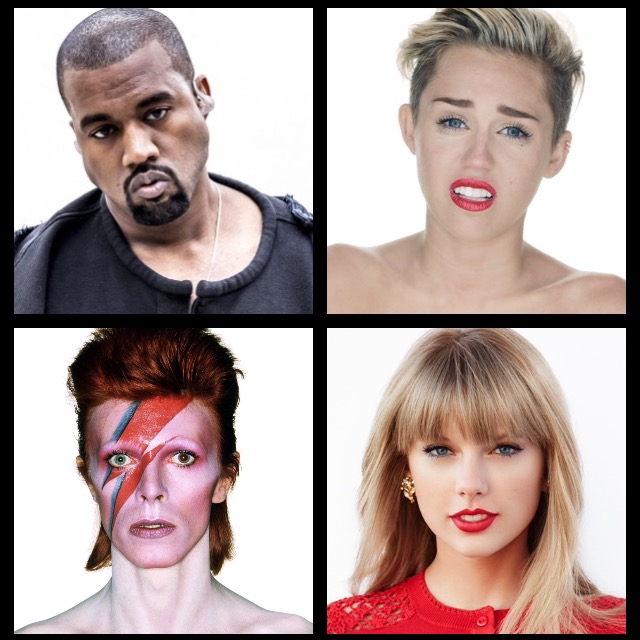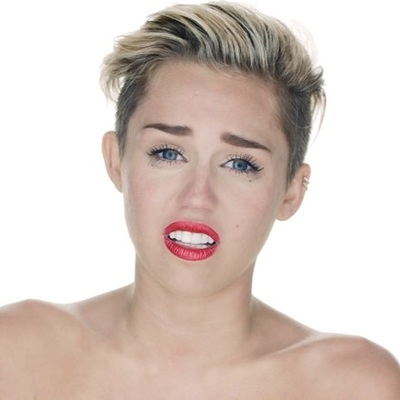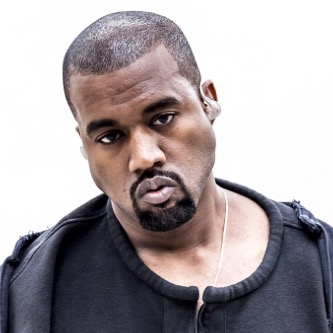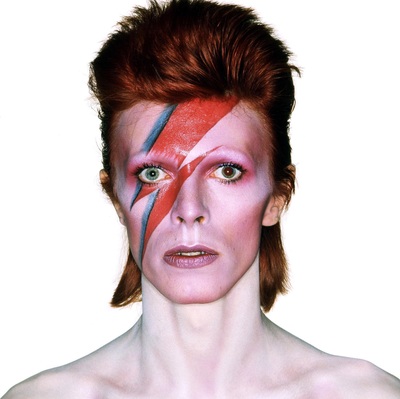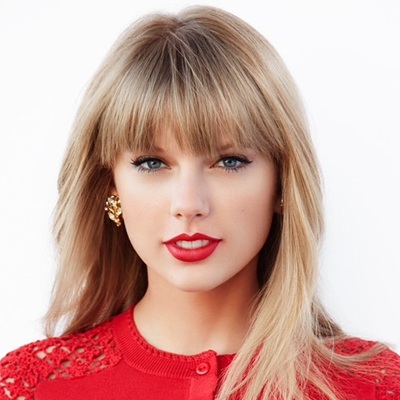"At the end of the day, there's no denying that the artists we support do influence our society, and vice-versa. So the question remains: Just how much should we let them get away with?" - Sonya Lustig
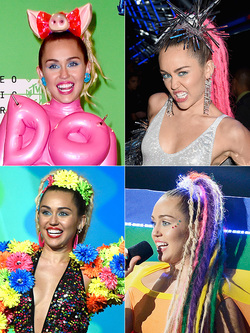
Anyone who’s ever been outside before has probably heard about at least one of Kanye’s countless controversial statements and actions. These range from publicly endorsing Republican presidential candidate Ben Carson to interrupting Taylor Swift’s VMA acceptance speech to announce that Beyonce should have won the award instead. Kanye has also won 21 Grammy awards and earned 55 places on the Billboard 100 (the third most among all hip hop acts in history, behind Lil Wayne and Jay-Z.) He’s made sizable donations to 19 charities such as Doctors Without Borders and OxFam, and is often looked to as an inspiration for having earned such large success in his field, an example for many of Black Excellence. Contradictions like these are the reason why it’s so important to research an artist before deciding your stance on them.
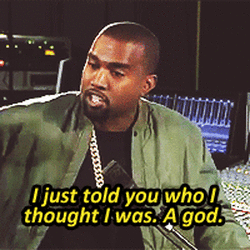
In a society that’s filled with varying perspectives and passionate opinions, it’s important to remember that there is not always a correct answer to every question. Despite how much we can convince ourselves that we’re right, many issues, such as the problematic fave, are nothing more than a matter of opinion. As glorified and idealized as they are, it's important to remember that celebrities are still humans capable of making mistakes. Some of the greatest minds in history, from Gandhi to John Lennon, have committed shocking offenses without ever having to face the consequences. Fame shouldn’t be used to excuse injustice anymore than it should be used to amplify it, but it is. So, where do you draw the line? Is it okay to forgive Miley Cyrus? What about Bill Cosby? Why? At the end of the day, there's no denying that the artists we support do influence our society, and vice-versa. So the question remains, just how much should we let them get away with?
